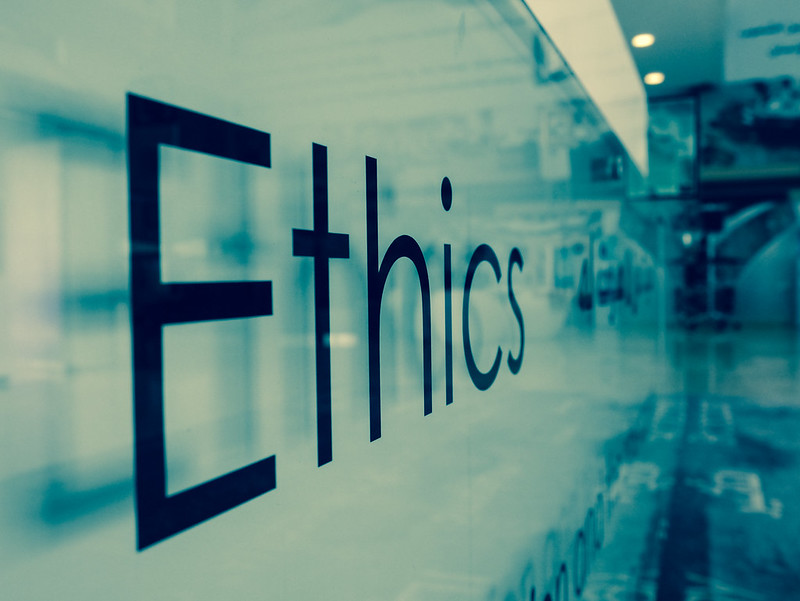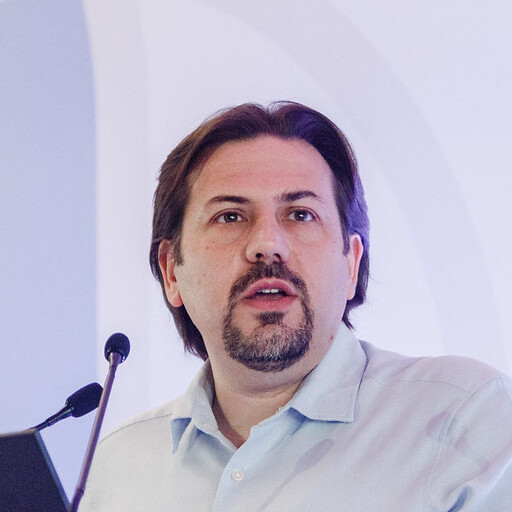The Ethics of Digital Preservation

In our present age, the conservation of digital materials has developed into a pressing matter. Digital preservation is the method of retaining digital content in a way that guarantees it stays reachable and useful for future generations. Despite its critical significance, digital preservation also raises a host of ethical concerns. This essay will delve into the ethics of digital preservation and examine some of the difficulties and opportunities that arise in this domain.
What is Digital Preservation?
Digital preservation refers to the process of safeguarding digital content, such as text, images, and audio, in a manner that guarantees its accessibility and usability for the coming generations. This is accomplished by employing several techniques, such as migration, emulation, and digital reformatting.
Why is Digital Preservation Important?
Digital preservation holds crucial significance for various reasons. First, it enables us to conserve digital content that would otherwise be forgotten due to time or technological redundancy. Such content ranges from ancient documents to personal photographs to scientific research.
What are the Ethics of Digital Preservation?
There are numerous ethical concerns that arise when dealing with digital preservation. Perhaps the most critical one is the matter of access. Digital preservation must balance the need to conserve content with the necessity of ensuring that it remains available to future generations. This is a challenging balance to achieve, particularly since technology continues to evolve at an astonishing rate.
Another ethical concern that comes up in digital preservation is the matter of privacy. As people continue to live more and more of their lives online, digital preservation must factor in the privacy concerns of individuals. For instance, private data stored on social media platforms must be conserved in a way that safeguards the privacy of those involved.
What are the Challenges of Digital Preservation?
One of the biggest obstacles to digital preservation is technological redundancy. As technology progresses at a remarkable rate, digital content that isn't preserved appropriately might become inaccessible due to changes in hardware or software. This is especially true for exclusive file formats, which may become obsolete when companies go bankrupt or stop supporting specific products.
Another challenge of digital preservation is the sheer quantity of digital content being produced every day. Conserving such content requires considerable resources, including storage space, processing power, and staff time. This can pose a significant challenge for organizations with limited resources.
How Can Digital Preservation be Improved?
Several techniques can be utilized to enhance digital preservation. One strategy is to emphasize the use of open standards and open-source software. By employing open standards and open-source software, digital content can be conserved in a manner that isn't reliant on exclusive technologies.
Another strategy is to develop more comprehensive metadata standards. Metadata refers to data about digital content that's used to assist in managing and conserving that content. By developing more inclusive metadata standards, we can better preserve digital content and ensure that it remains accessible and usable for future generations.
Conclusion
Digital preservation is a critical aspect of our modern-day life, and it raises a plethora of ethical issues. As we continue to produce and save more and more digital content, it's essential that we create effective strategies for preserving that content in a manner that guarantees its accessibility and usability for future generations. By focusing on open standards, comprehensive metadata, and other techniques, we can improve our capacity to preserve digital content and ensure that it remains a crucial part of our cultural heritage.
This post is part of a series on The impact of technology on cultural heritage preservation
